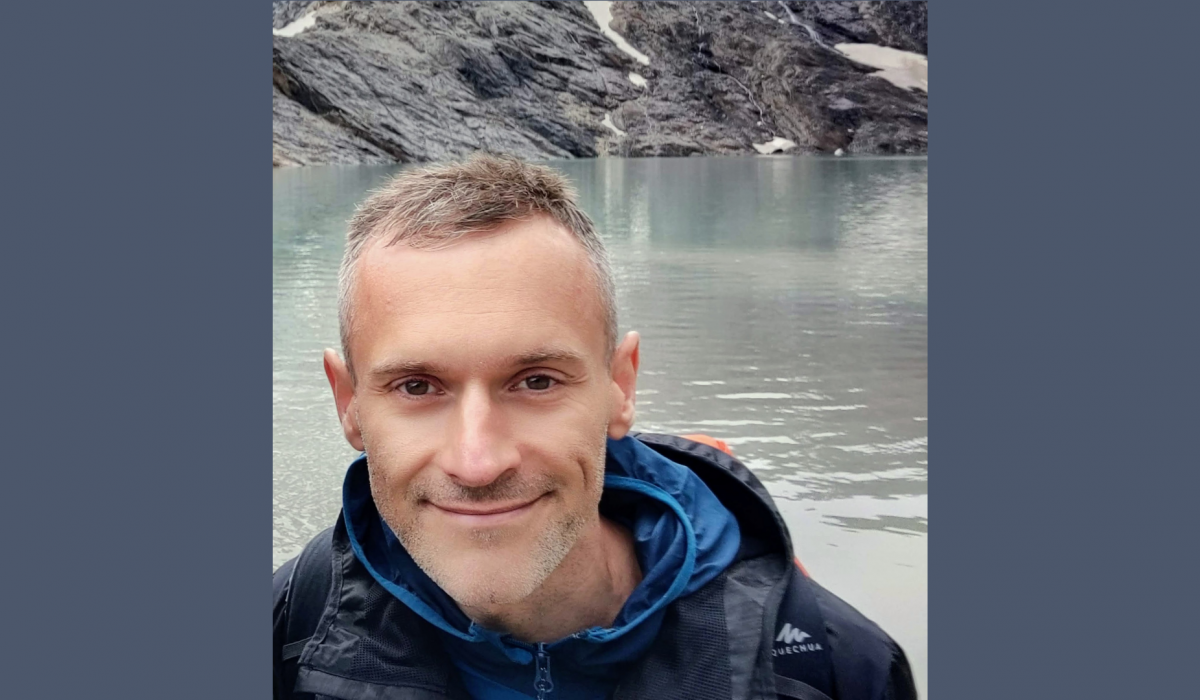To mark Pride Month, Dr Marcin Smietana discussed queer reproductive justice.
"When Kath Weston (1991) in the US and Susan Golombok (2000) as well as Jeffrey Weeks and colleagues in the UK (2001) first began to document creative family configurations formed by LGBTQ+ people, they could not have anticipated the surging popularity in the early twenty-first century of two-parent nuclear families formed by gay fathers, often seeking their own biological children through surrogacy. Over the last three decades, having children has become a thinkable option for LGBTQ+ people, including having them through surrogacy for some gay men. Based on my ethnographic data and interviews with gay men who have children through surrogacy in the UK, US and EU, I argue that a specific fertility transition (Greenhalgh 1995; Franklin and Inhorn 2018) has been taking place among those gay men in the USA and Western Europe who pursue surrogacy. I suggest the concept of thinkability in order to characterise a shift in consciousness that many of my interlocutors experienced in their lifetime from not imagining having children when they came out as gay, to later gradually imagining it as a thinkable option as gay men. On the other hand, through showing how the men’s thinking was positioned within structures such as sex, gender, social class and race, I argue that for many of them having children was a matter of not only reproductive rights but also reproductive justice. Their quests for parenthood have also unfolded in the context of the fertility industry marked by inequalities of race and class, which involved both the intended gay fathers and the women who helped them as surrogates and egg donors. Therefore I propose the concept of queer reproductive justice as a tool to address reproductive inequalities involved in LGBTQ+ reproduction."
- Dr Marcin Smietana
About the speaker
Dr Marcin Smietana is a senior research associate in the Reproductive Sociology Research Group (ReproSoc), University of Cambridge. In his work, he looks at LGBTQ+ fertility, queer kinships and queer reproductive justice. His research focuses on gay men who create families through surrogacy and adoption in the UK, USA and Spain. With Prof. Charis Thompson (UC Berkeley), Marcin co-edited a volume of Reproductive BioMedicine & Society (Nov. 2018) on queer kinships and reproductive justice. Within ReproSoc’s Changing (In)Fertilities project, he is looking at gay men’s involvement in altruistic surrogacy in the UK. He is also the co-convenor of the research network Global Conversations Towards Queer Social Justice. For further details and publications please see: https://www.reprosoc.sociology.cam.ac.uk/research-associate/marcin-smietana




